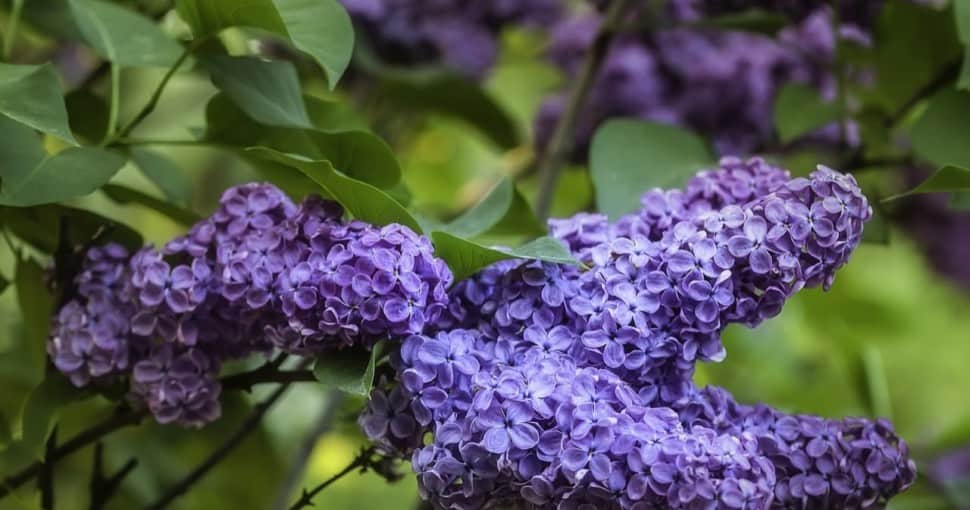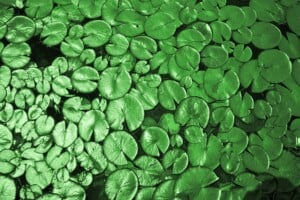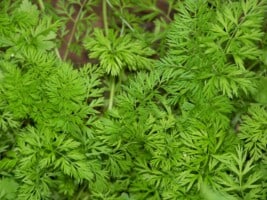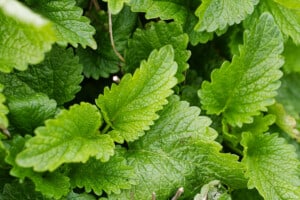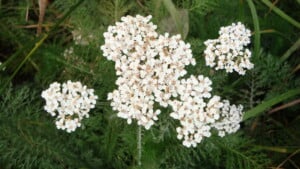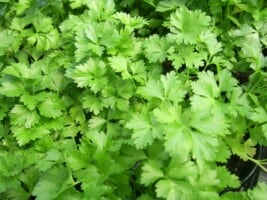Lilacs are popular plants found in many homes and gardens as they have beautiful flowers that produce an amazing aroma. As these plants are so popular, parents and animal owners may be concerned about the potential negative effects these plants may have. So, are Lilacs poisonous?
Contents
Lilacs are a part of the group of plants that are considered non-toxic to both humans and animals alike. Although these plants have a very unpleasant and bitter taste, so you may still want to avoid consuming this plant as it will leave a bad taste in your mouth.
Related:
– 23 beautiful types of Lilac trees
– When Are Lilacs In Season?
Are Lilacs Poisonous To Humans?
Lilacs are a beautiful plant known for their flowers, and they are growing in popularity as the years go by. Lilacs are now used just about everywhere due to their stunning flowers.
You can find these plants growing in almost every garden around your neighborhood or placed in gorgeous bouquets and flower arrangements at the store, or you can find them dried out and placed around homes as they fill the house with a delicate aroma.
With Lilacs being as popular as they currently are, you may be concerned for the health of your family and your children as everyone is exposed to this plant more frequently. This means there is an increasingly higher chance of the plant being ingested accidentally, especially by children.
So, do you need to be worried about your family’s safety and health when it comes to the Lilac plant?
Thankfully, Lilacs are non-toxic to humans and are one of the many edible plants that humans can safely consume without experiencing any negative side effects. Even though this plant is edible, there are not many recipes that have them as an ingredient, as the flowers from Lilac plants have a very unpleasant and bitter taste.
The entire Lilac plant is considered edible, but the petals from the flowers are generally the only part of the plant is used in these recipes, but they are also used as a garnish that is not meant to be eaten.
So, if a member of your family or your child consumes a piece of the Lilac plant that you have growing in your garden or a flower arrangement in your home, you have nothing to be concerned about.
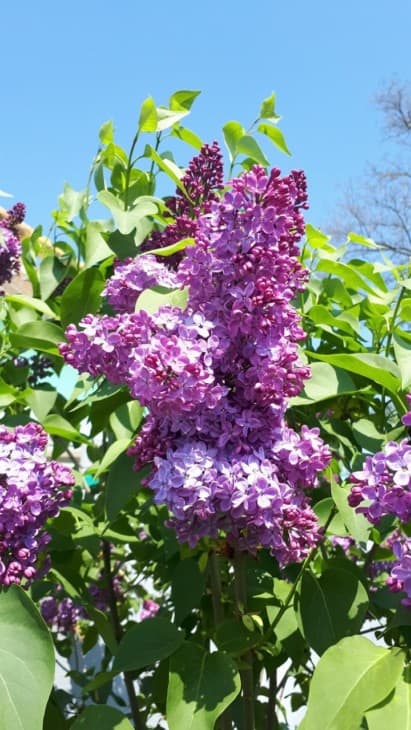
Are Lilacs Poisonous To Dogs?
Now that you know your family will be safe if they consume any part of the Lilac plant, you may switch gears now and be anxious about the health and safety of your furry friend.
Many plants in the world are poisonous to dogs, so you want to ensure that none of these toxic plants are planted in your garden and that there are none on your walking route if you walk your dog daily.
As Lilacs are highly popular and seem to be planted outside of almost every one of your neighbor’s houses, or they could even be sprouting up in your garden as the Lilac plant’s seeds can spread an extensive distance away from the adult flowering plant. All this can increase your concerns about the safety of your dog.
Thankfully, Lilac plants are non-toxic to dogs as well. Lilacs are a few plants that dogs may choose to eat themselves in different situations. For example, if they feel they need some greenery in their diets, they may nibble on the plant, or when their stomachs are upset and need some relief, they may decide to eat a flower or two.
You do not have to be worried about your dog’s health if your dog snacks on a piece of the plant or a Lilac flower or two during your daily walk.
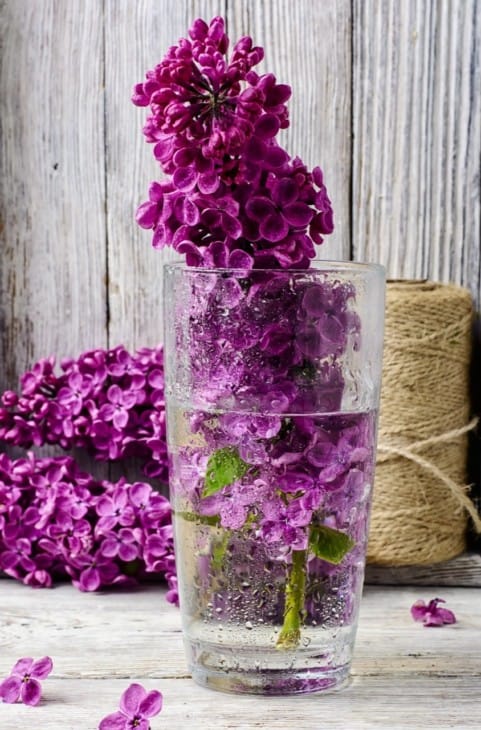
Are Lilacs Poisonous To Cats?
With the number of Lilac plants that are growing in and around your neighborhood and home, this can cause you to be nervous over the safety and health of not only your dog but your cat as well.
This is mainly because most cat owners have little to no say over where their cat meanders around most of the time, which translates over into your cat’s eating habits too.
As you are not with your cat 24/7, who knows what your cat decides to try and eat while they are off on their travels around your city or town. With many plants in the world being toxic to cats, just like with dogs, the number of Lilac plants in your neighborhood may have you worried for your cat’s safety as this plant could be one of the toxic ones.
Lilacs are also non-toxic to cats. Your cat can consume the whole Lilac plant if it wants to, and it will suffer no adverse side-effects from the Lilac plant. So, you can be at ease when your cat goes and wanders around the neighborhood.
Are Lilacs Poisonous To Livestock?
Cat and dog owners in urban and surrounding areas are not the only animal owners apprehensive about the increasing number of Petunias and Lilacs sprouting up everywhere. People who own livestock, including chickens, cows, sheep, and goats, are just as worried about the health of their livestock when it comes to the increasing numbers of Lilacs.
But even livestock owners can rest easy as the Lilac plant seems to be non-toxic to all animals that have come across the plant’s path and tried to eat it. You should try and stop your animals from eating this plant, as consuming too much of it can cause some gastrointestinal distress for the animal.
So, if you own a cat, a dog, a horse, a chicken, or a cow, or all of the above, you do not need to be bothered about any of your animals that you love possibly consuming this plant, as the entire plant is edible for humans and animals alike.
Are There Any Considerations Before You Eat Lilacs?
Even though the whole Lilac plant is non-toxic, if you want to eat the plant, even though it has an unpleasant taste, then there are several considerations you need to take into account before you consume the plant.
Never eat Lilac flowers straight from the plant as the plant could be infested with insects, or the plant could have other problems that can make you ill if you eat the plant.
If the plant has a disease that you are unaware of and you ingest the plant, you could develop an upset stomach that can last for a few hours.
If you wish to consume the plant, you should always wash it thoroughly first. Another factor you need to keep in mind is have the Lilacs been chemically treated in any way.
The plants themselves may not be toxic, but if they were sprayed with a chemical treatment like a herbicide or an insecticide, these chemical-based products could be extremely harmful if you consume them.
If some compost was added to the soil of the Lilac trees, this could also be dangerous to your health, as compost is usually the excrement of different animals. This could carry diseases and pests that can be passed on to you through the plant if you consume it.

